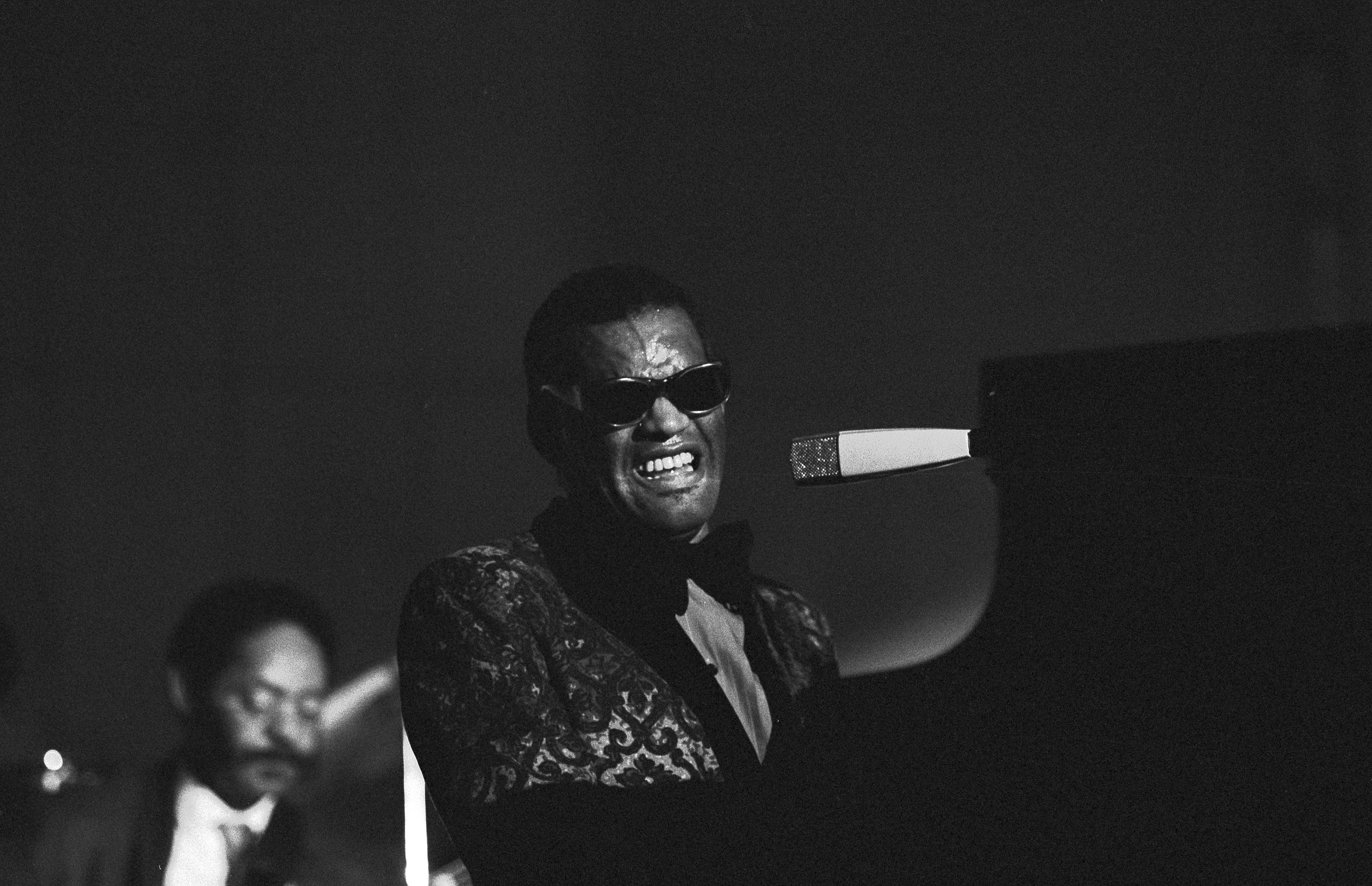|
Come Rain Or Come Shine
"Come Rain or Come Shine" is a popular music song, with music by Harold Arlen and lyrics by Johnny Mercer. It was written for the Broadway musical '' St. Louis Woman'', which opened on March 30, 1946, and closed after 113 performances. Chart performance It "became a modest hit during the show's run, making the pop charts with a Margaret Whiting ( Paul Weston and His Orchestra) recording rising to number seventeen, and, shortly after, a Helen Forrest and Dick Haymes recording rising to number twenty-three." Other recordings The song has subsequently been recorded by a host of artists, including: *In 1955, Billie Holiday included it on her ''Music for Torching'' LP. *In 1956, Judy Garland included it on her '' Judy'' LP, as well her 1961 live album, ''Judy at Carnegie Hall''. *In 1956, Fran Warren included it on her album ''Mood Indigo''. *In 1958, Art Blakey & The Jazz Messengers recorded it for their album released in 1959, ''Moanin’''. *In 1959, Connie Francis included it on ... [...More Info...] [...Related Items...] OR: [Wikipedia] [Google] [Baidu] |
Harold Arlen
Harold Arlen (born Hyman Arluck; February 15, 1905 – April 23, 1986) was an American composer of popular music, who composed over 500 songs, a number of which have become known worldwide. In addition to composing the songs for the 1939 film '' The Wizard of Oz'' (lyrics by Yip Harburg), including " Over the Rainbow", Arlen is a highly regarded contributor to the Great American Songbook. "Over the Rainbow" was voted the 20th century's No. 1 song by the RIAA and the NEA. Life and career Arlen was born in Buffalo, New York, the child of a Jewish cantor. His twin brother died the next day. He learned to play the piano as a youth, and formed a band as a young man. He achieved some local success as a pianist and singer before moving to New York City in his early twenties, where he worked as an accompanist in vaudeville and changed his name to Harold Arlen. Between 1926 and about 1934, Arlen appeared occasionally as a band vocalist on records by The Buffalodians, Red Nichols, J ... [...More Info...] [...Related Items...] OR: [Wikipedia] [Google] [Baidu] |
Ray Charles
Ray Charles Robinson Sr. (September 23, 1930 – June 10, 2004) was an American singer, songwriter, and pianist. He is regarded as one of the most iconic and influential singers in history, and was often referred to by contemporaries as "The Genius". Among friends and fellow musicians he preferred being called "Brother Ray". Charles was blinded during childhood, possibly due to glaucoma. Charles pioneered the soul music genre during the 1950s by combining blues, jazz, rhythm and blues, and gospel styles into the music he recorded for Atlantic Records. He contributed to the integration of country music, rhythm and blues, and pop music during the 1960s with his crossover success on ABC Records, notably with his two ''Modern Sounds'' albums. While he was with ABC, Charles became one of the first black musicians to be granted artistic control by a mainstream record company. Charles's 1960 hit "Georgia On My Mind" was the first of his three career No. 1 hits on the ''Billboard'' ... [...More Info...] [...Related Items...] OR: [Wikipedia] [Google] [Baidu] |
The Complete Concert
''The'' () is a grammatical article in English, denoting persons or things already mentioned, under discussion, implied or otherwise presumed familiar to listeners, readers, or speakers. It is the definite article in English. ''The'' is the most frequently used word in the English language; studies and analyses of texts have found it to account for seven percent of all printed English-language words. It is derived from gendered articles in Old English which combined in Middle English and now has a single form used with pronouns of any gender. The word can be used with both singular and plural nouns, and with a noun that starts with any letter. This is different from many other languages, which have different forms of the definite article for different genders or numbers. Pronunciation In most dialects, "the" is pronounced as (with the voiced dental fricative followed by a schwa) when followed by a consonant sound, and as (homophone of pronoun ''thee'') when followed by a ... [...More Info...] [...Related Items...] OR: [Wikipedia] [Google] [Baidu] |

.png)